"Dicks and Pussies": Politics' Silly Schoolyard or a Reflective Mirror to Modern Ideologies?
The Playground Politics of Modern Times: 'Dicks' vs. 'Pussies'
Dicks and Pussies": Politics' Silly Schoolyard or a Reflective Mirror to Modern Ideologies?
The circus tent of modern politics seems to have done away with the lions and trapeze artists, opting instead for name-calling straight from the playbook of an edgy third-grader. As conservatives get branded as "dicks" and liberals are dismissed as "pussies", one wonders: Is this just the world's most expensive kindergarten, or is there some truth hidden behind the jests?
The Conservatively “Dickish” Domain
Conservatives, long associated with rigidity and power, find themselves saddled with the "dick" moniker. But here's the rub: It's not just about being staunch or stern. It's about brandishing power like a blunt instrument, proclaiming traditions as if they're the gospel, and often showcasing an aversion to anything that smells of rapid change. For instance, consider the conservative stance on climate change. While the world moves rapidly towards more sustainable practices, there's been a significant portion of conservatives in the U.S. who've dug their heels in, questioning the validity of scientific consensus and hindering progressive environmental policies. They proudly wave the flag of limited government intervention—well, at least until they desire a piece of that very pie. An example that comes to mind is the 2008 financial crisis where many conservatives who usually decry government intervention supported the massive bailouts of banks. They preach personal responsibility with a fervor usually reserved for tent revivals, but heavens forbid if they're ever the ones caught in a scandal, such as the numerous politicians who've espoused family values yet were later revealed to have engaged in extramarital affairs. Their assertiveness, while sometimes admirable, often feels more like a bull in a china shop. Subtlety? That's just not their cup of traditional tea.
Liberals, or the “Pussies” with a Heart (Sometimes on Their Sleeves)
Then there are the liberals, those champions of the downtrodden and self-appointed keepers of morality. With an almost insatiable hunger for inclusivity, welfare, and let's not forget, a good old session of collective guilt, they've not just earned but paraded around with their "pussy" badge. Remember when they fervently backed universal healthcare? A noble gesture, sure, if you can ignore the potential economic sinkholes and the vision of the government playing doctor. They're so infatuated with the underdog - from the barista demanding a $15 hourly wage to the art graduate complaining about student loans - that it seems they've forgotten the value of aspiration and ambition. Are successful entrepreneurs the new villains, or are large corporations just the age-old dragons liberals love to slay? Their flexibility, which could be their strength, more often feels like they're made of jelly - wobbling this way and that, trying hard not to offend anyone. But God forbid someone forgets the countless gender pronouns; then the liberal army, in all its "tolerant" glory, is ready for battle. With their ideals, it's hard not to envision a liberal retreat, where after a day spent debating the ethical implications of non-organic coffee, they form a circle, sway, and hum "Kumbaya" into the wee hours, dreaming of a world that bows to their benevolence.
A Ground of Chaos, or is it Compromise?
The political spectrum, with its steadfast conservatives on one end and the ever-accommodating liberals on the other, represents a vast landscape of ideologies. Yet, it's the middle ground that often presents a complex interplay of beliefs, a blend that is rarely represented in the roaring debates of the public square.
For instance, among conservatives, many advocate fervently for limited government intervention and free-market principles. However, isn't it intriguing when some of these same individuals champion for government regulations on issues that align with their personal convictions? Take the case of conservative leaders pushing for stringent content regulation on digital platforms, asserting that the tech giants are silencing conservative voices. Here, the "hands-off" approach to governance blurs as the line between intervention and laissez-faire is redefined based on convenience.
Similarly, on the liberal end of the spectrum, there's a robust call for inclusive policies, social welfare, and a generally empathetic approach to governance. Yet, irony strikes when some liberals, traditionally seen as champions of free speech and individual rights, advocate for de-platforming or censoring voices that they deem harmful or contrary to their beliefs. A case in point is the recent drive among some left-leaning groups to control the narrative on university campuses, often shutting out conservative speakers or ideas.
Between these extremes, there exists a broad swathe of individuals and beliefs that don't fit neatly into a labeled box. This moderate middle, often dismissed or overlooked, actually houses a majority of the population who might lean conservative on fiscal matters but liberal on social issues, or vice versa. Their nuanced beliefs challenge the clear-cut narratives preferred by extreme ends of the political spectrum.
In essence, while the poles of the political spectrum might seem worlds apart, the lines are often blurrier than we might admit. But in the cacophony of polarized political discourse, these subtle nuances and the middle ground they represent often get overshadowed.
Ah, Gender: The Stereotyping Icing on the Political Cake
And just when you thought the narrative couldn't get more farcical, gender stereotypes saunter in. The outdated notion that men, regardless of political leaning, can't show empathy, while women can't be assertive, further muddies the waters. By conflating these political labels with gendered traits, we risk simplifying the narrative to a dangerous extent. But then again, it’s always easier to digest caricatures than dive into the layered nuances of ideology, isn't it?
Concluding this Political Theater
Peeling back the layers of sarcasm and cynicism, one might find a kernel of truth in these labels. They reflect society's current frustrations with the political system—a system that often seems more concerned with branding and sound bites than actual governance. As we chuckle or cringe at these schoolyard labels, perhaps it’s also a moment to reflect on the very real implications of such divisive and reductionist language in our political landscape. Politics was never a game for the faint-hearted, but maybe, just maybe, it's time to elevate the discourse. But again, who’d watch that show?


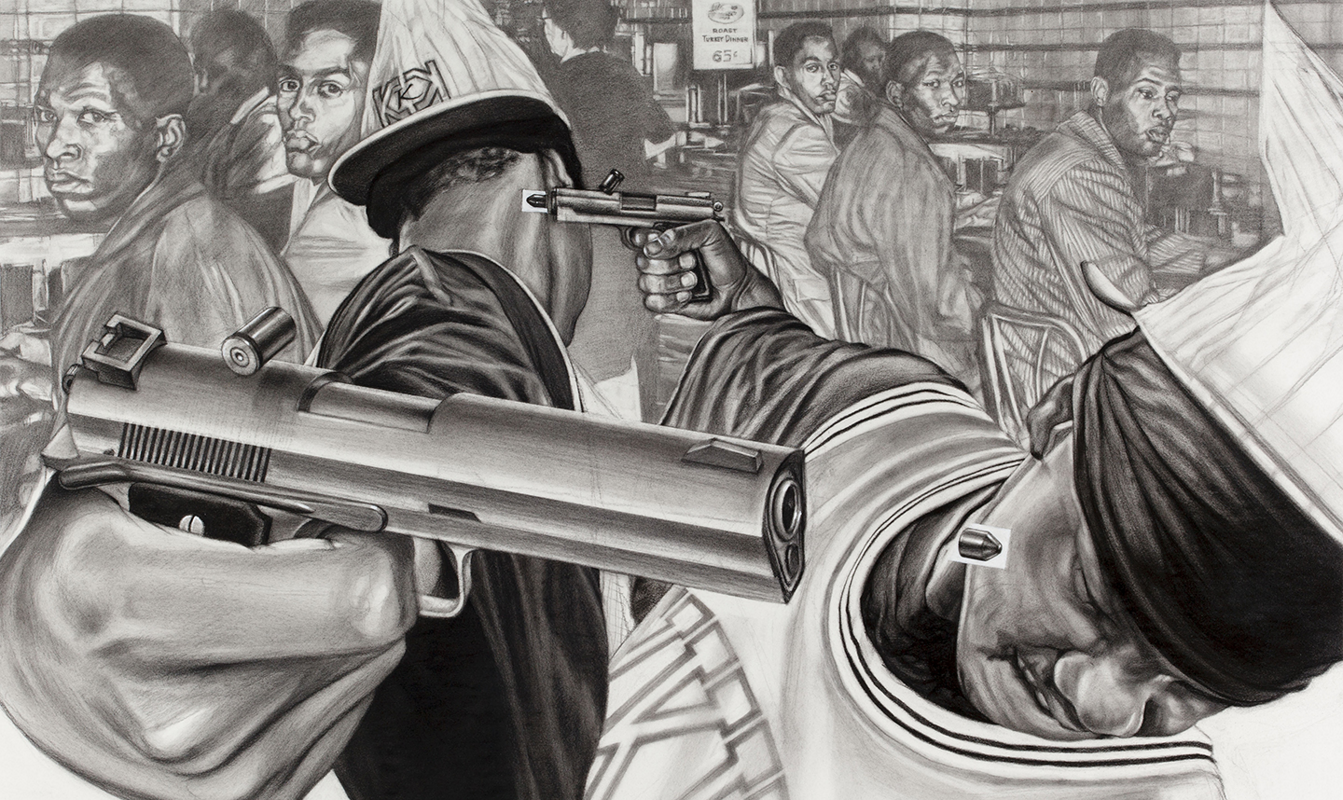
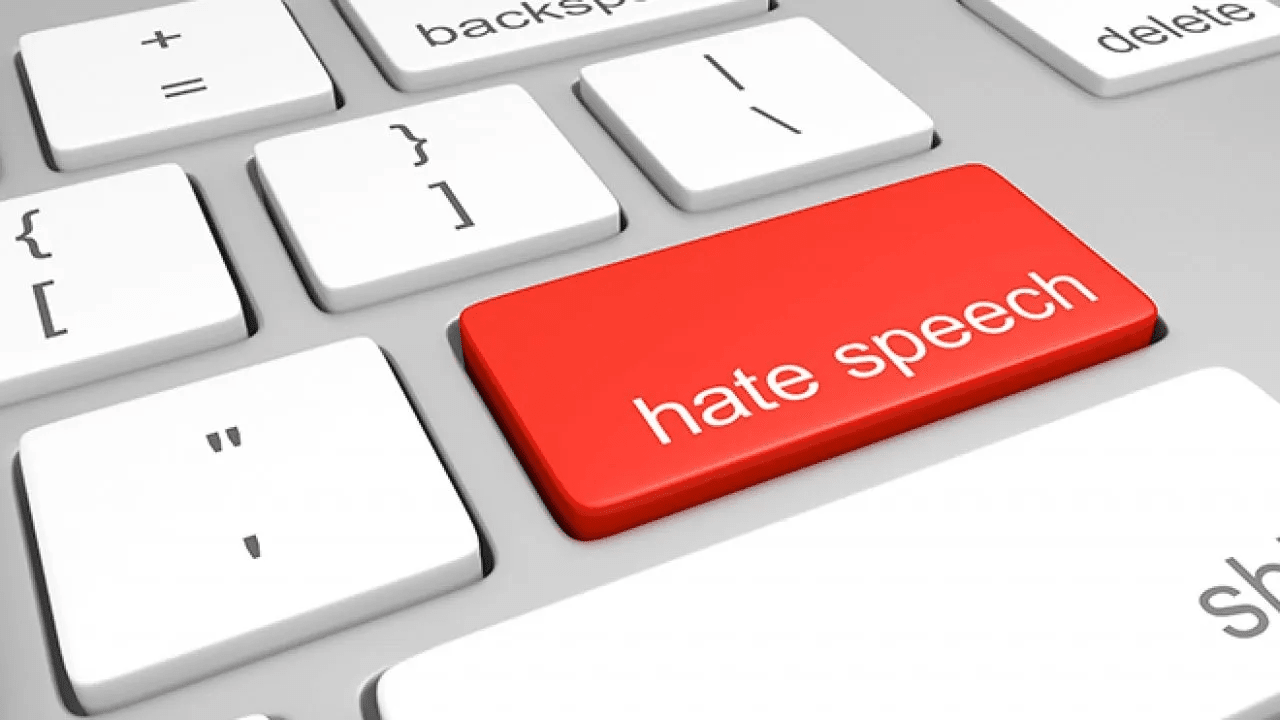
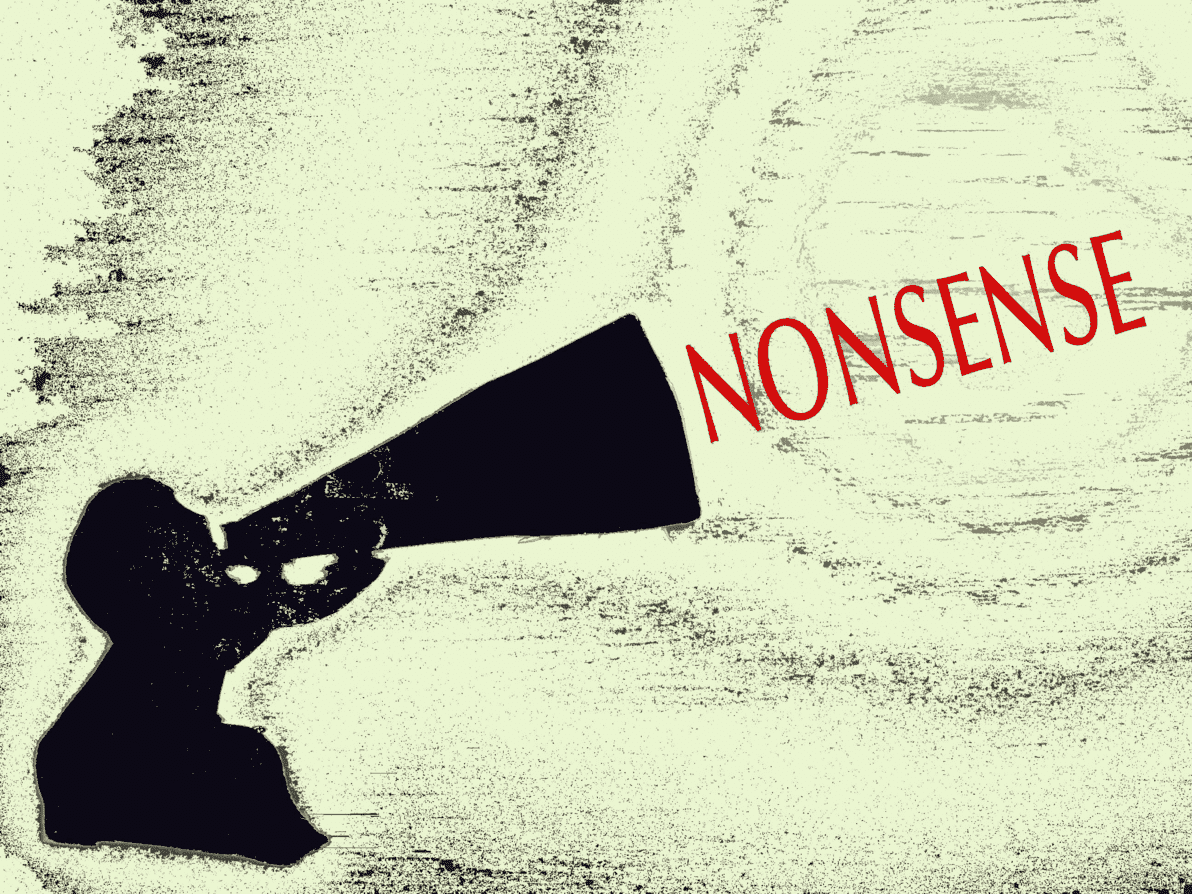
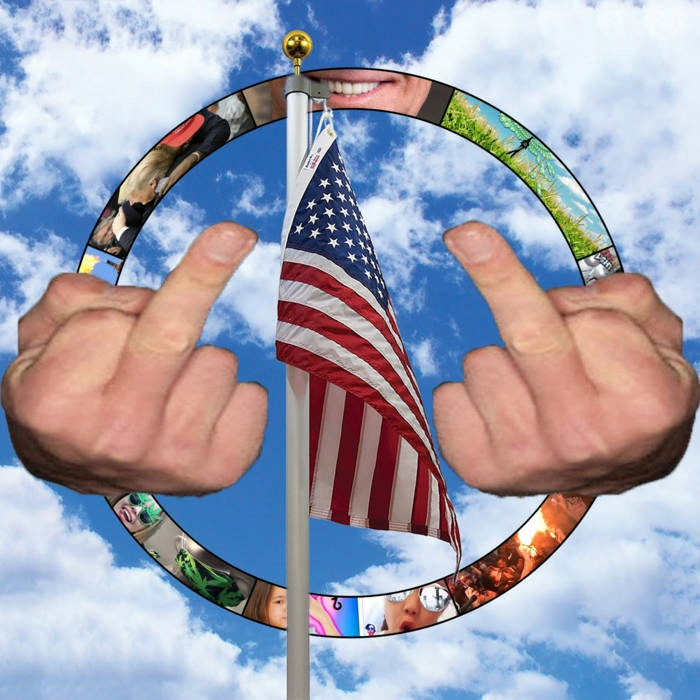
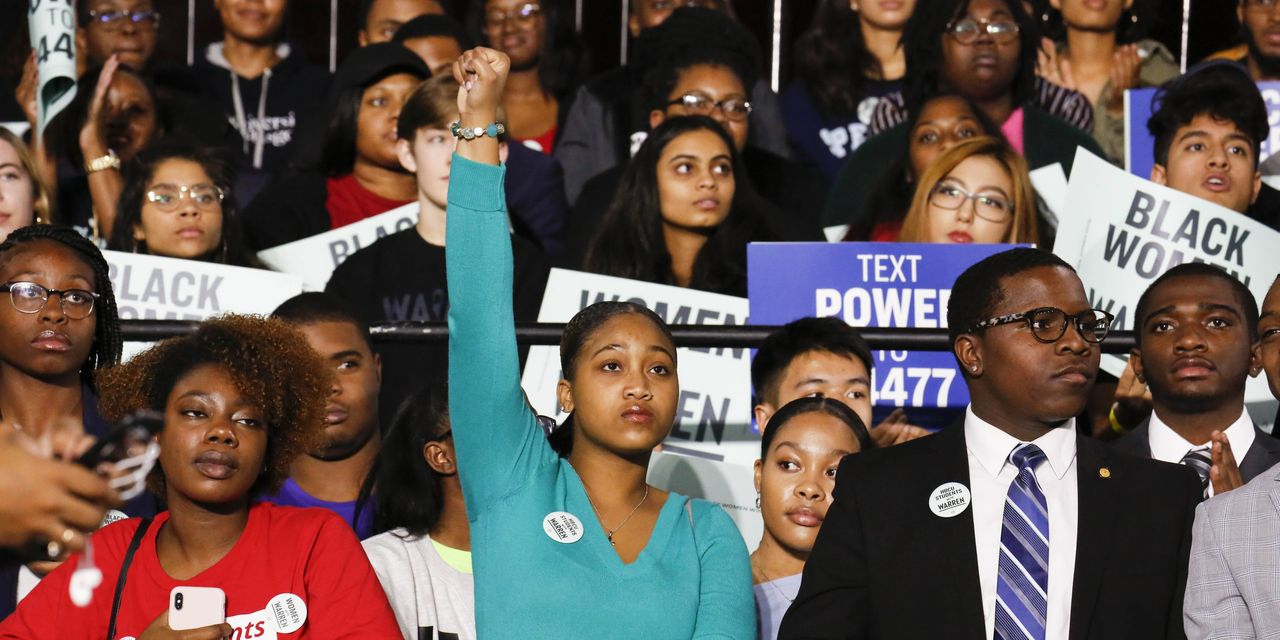
.png)
.png)
Comments